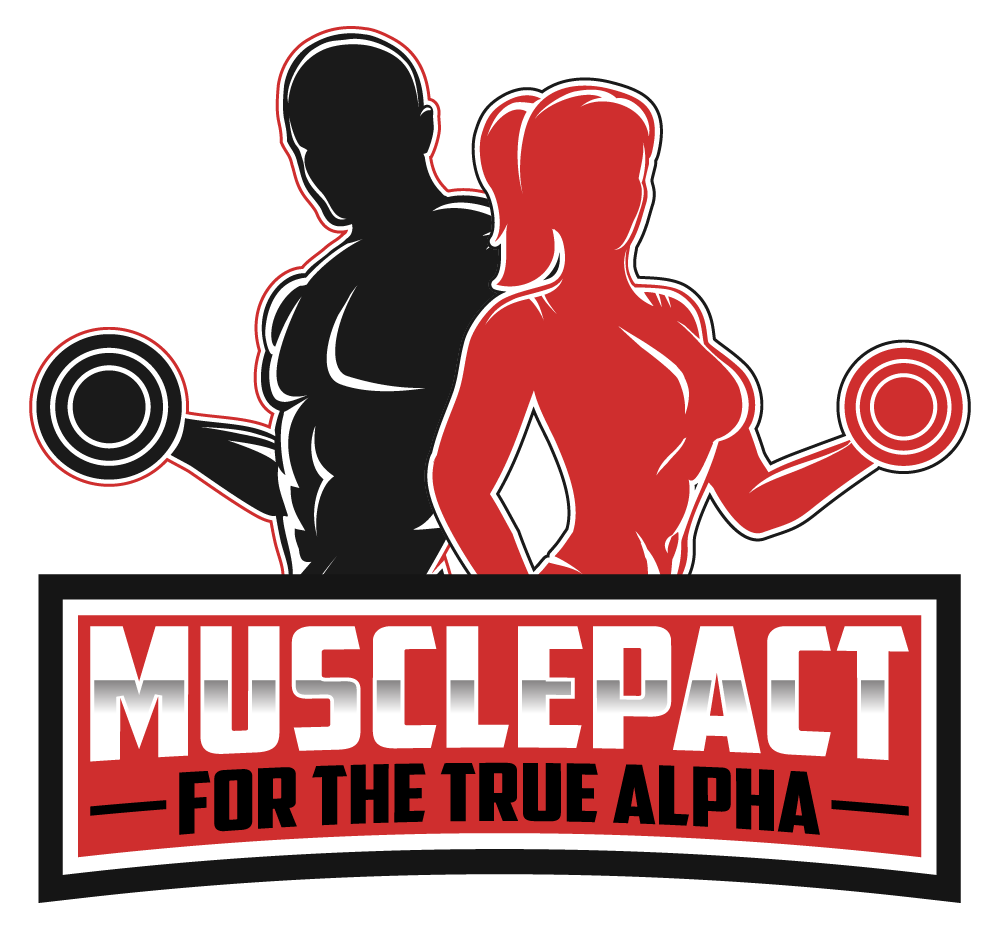Building muscle is a goal many fitness enthusiasts strive for, but often find themselves grappling with questions about optimal nutrition. Among these questions, the role of protein stands out prominently. Protein is widely recognized as a crucial nutrient for muscle growth and repair. However, the amount required for optimal muscle building can vary depending on several factors, including individual goals, body composition, and activity level. In this comprehensive guide, we will delve into the science behind protein intake for muscle growth and provide practical recommendations to help you reach your fitness goals.
Understanding Protein and Muscle Growth
Before diving into specific protein requirements, it’s essential to understand the relationship between protein consumption and muscle growth. Muscles are primarily composed of protein, which consists of amino acids—the building blocks of muscle tissue. When you engage in resistance training or strength exercises, you create micro-tears in your muscle fibers. To repair and rebuild these fibers, your body requires an adequate supply of amino acids, which are obtained through dietary protein.
Protein consumption stimulates muscle protein synthesis (MPS), the process by which your body builds new muscle tissue. Maximizing MPS is crucial for enhancing muscle growth and recovery, making protein intake a cornerstone of any muscle-building regimen.
Factors Influencing Protein Requirements
Several factors influence an individual’s protein needs for muscle building:
- Body Weight and Composition: Generally, individuals with higher lean body mass require more protein to support muscle growth and repair.
- Fitness Goals: The intensity and frequency of your workouts, as well as your desired rate of muscle gain, will influence your protein requirements.
- Activity Level: Those who engage in regular resistance training or intense physical activity may have higher protein needs to support muscle repair and growth.
- Age: Older adults may require higher protein intake to offset age-related declines in muscle mass and strength.
Protein Recommendations for Muscle Building
The Recommended Dietary Allowance (RDA) for protein is 0.8 grams per kilogram of body weight per day (g/kg/day) for sedentary individuals. However, this recommendation may not be sufficient for those aiming to build muscle. The American College of Sports Medicine (ACSM) suggests higher protein intake for individuals engaging in regular resistance training:
- Recreational Exercisers: For individuals participating in recreational strength training or moderate exercise, protein intake of 1.2 to 1.4 g/kg/day is recommended.
- Endurance Athletes: Endurance athletes who also incorporate strength training into their regimen may benefit from protein intake at the higher end of the range (1.2 to 1.4 g/kg/day).
- Strength and Power Athletes: Those involved in intense resistance training or power-based sports may require even higher protein intake, ranging from 1.6 to 2.2 g/kg/day.
- Older Adults: Older adults may have increased protein needs to support muscle maintenance and repair. Protein intake in the range of 1.2 to 2.0 g/kg/day is often recommended for this population.
Timing and Distribution of Protein Intake
In addition to the total amount of protein consumed, the timing and distribution of protein intake throughout the day also play a role in muscle protein synthesis. Research suggests that consuming protein evenly spaced throughout the day, with approximately 20-40 grams per meal, can optimize MPS.
Furthermore, consuming protein before or after resistance training may enhance muscle protein synthesis and recovery. Aim to include a source of high-quality protein in meals or snacks surrounding your workouts to maximize muscle-building benefits.
Sources of Protein
Meeting your protein needs for muscle building requires incorporating a variety of protein-rich foods into your diet. Some excellent sources of protein include:
- Lean Meats: Chicken, turkey, beef, pork, and other lean cuts provide high-quality protein with essential amino acids.
- Fish and Seafood: Salmon, tuna, cod, and shrimp are rich in protein and omega-3 fatty acids.
- Eggs and Dairy: Eggs, Greek yogurt, cottage cheese, and milk are excellent sources of protein and other essential nutrients.
- Plant-Based Proteins: Beans, lentils, tofu, tempeh, edamame, quinoa, and nuts offer protein for those following vegetarian or vegan diets.
- Protein Supplements: Whey protein, casein protein, pea protein, and soy protein powders can be convenient options to help meet protein needs, especially for athletes with higher requirements.
Conclusion
Protein is a critical nutrient for building and maintaining muscle mass. While the recommended dietary allowance provides a baseline for protein intake, individuals engaging in regular resistance training or intense physical activity may benefit from higher protein intake to support muscle growth and repair. Aim to consume a variety of protein sources throughout the day and consider timing protein intake around workouts to optimize muscle protein synthesis and recovery. By meeting your protein needs and maintaining a balanced diet, you can support your muscle-building goals and enhance your overall fitness and performance.
Ready to delve deeper into your muscle-building journey? Head over to MusclePact.com for more insightful articles, tips, and guides to optimize your fitness regimen and achieve your goals!
For the true alpha. Proud. Muscular. Daily motivation that hits you like four scoops of pre-workout. Maximize your jacked-ness. Follow us
